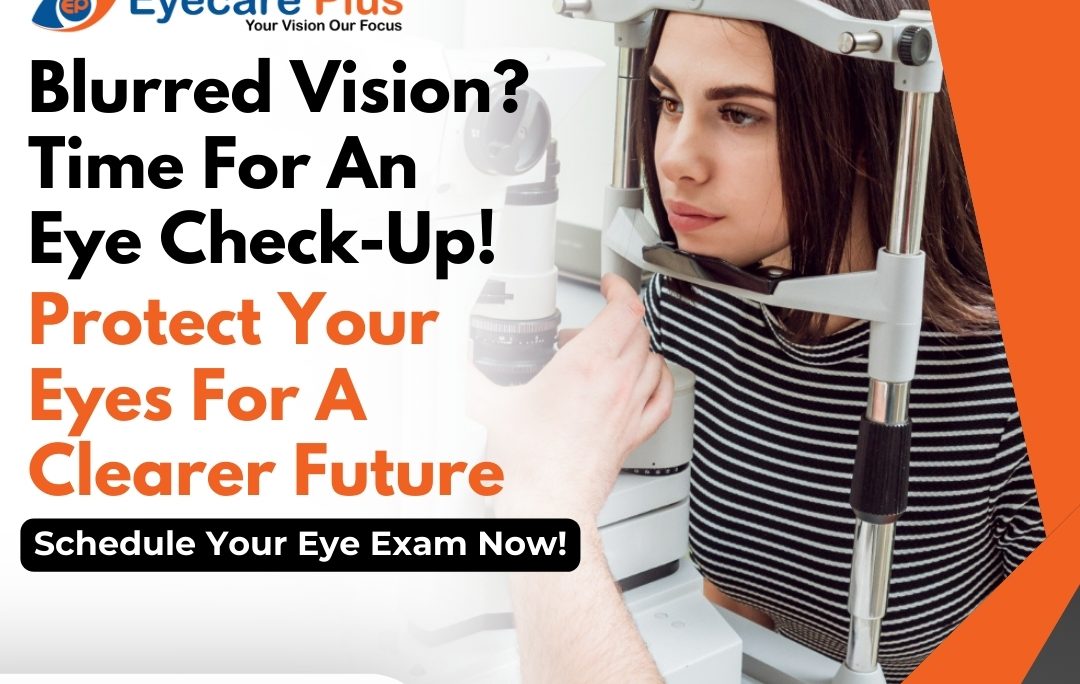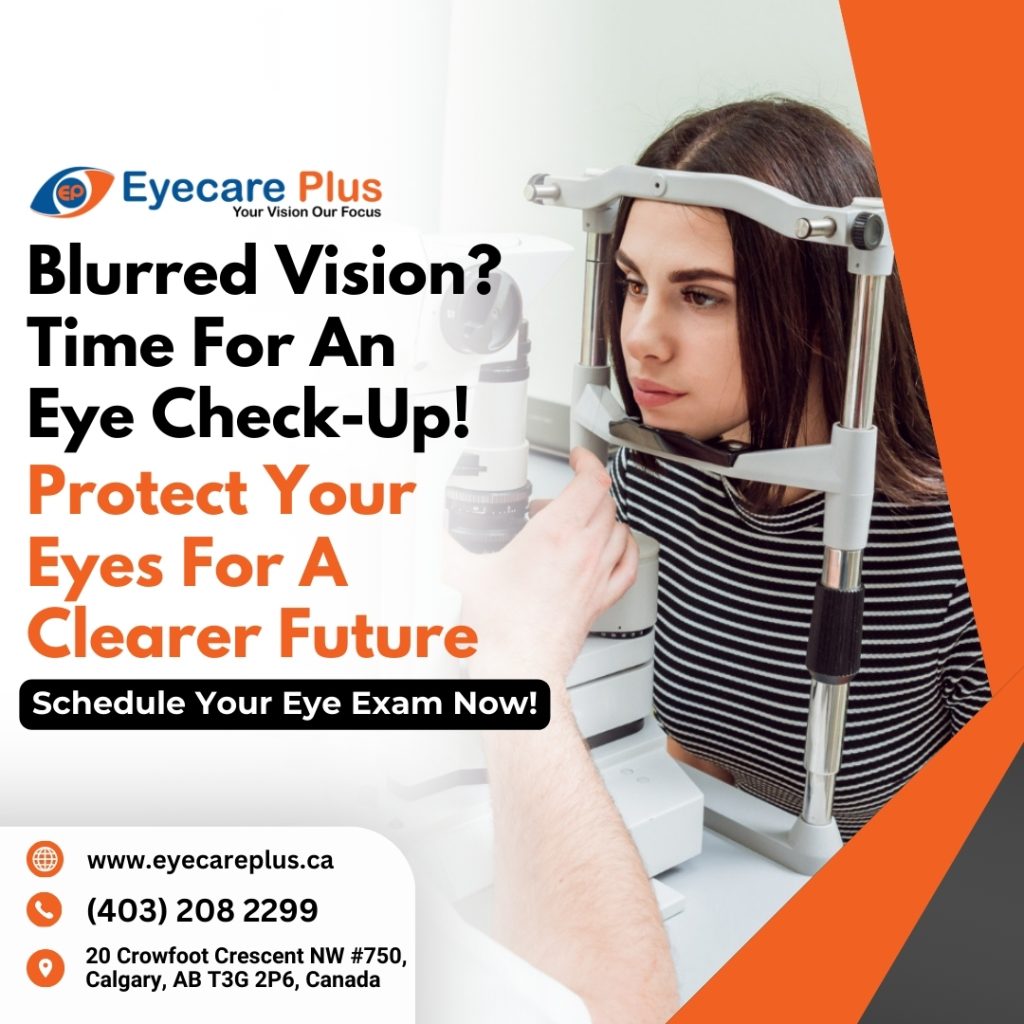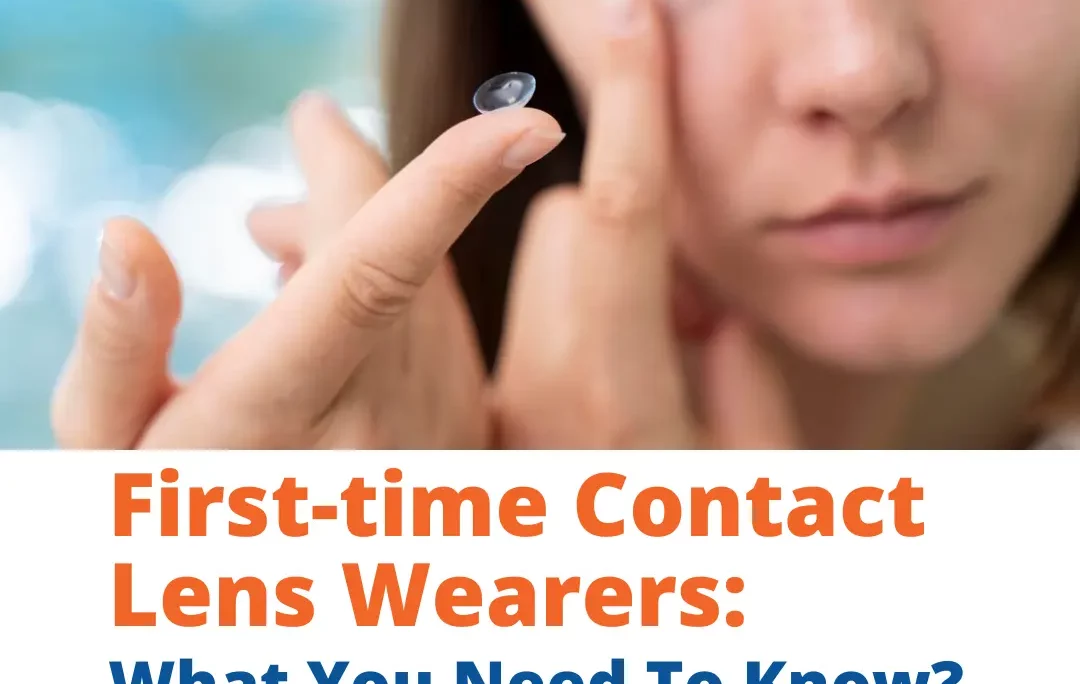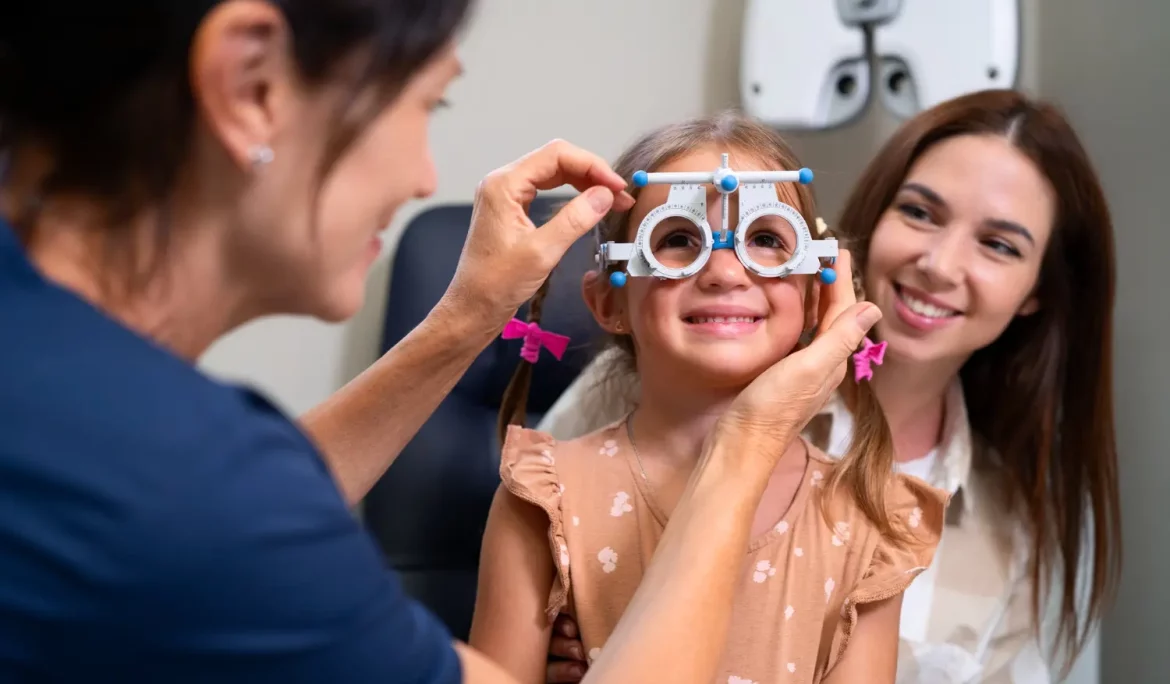Have you ever walked out of an eye exam and later realized you forgot to ask something important? You’re not alone!
Many people visit their optometrist, go through the routine tests, get a prescription (if needed), and leave, only to have questions pop up later.
But to get the most out of your visit, it’s essential to ask the right questions.
In this article, we’ll cover the top 10 questions you should ask your optometrist to ensure your eyes stay healthy and your vision remains clear.
1. Is My Vision Changing, and Should I Be Concerned?
Vision changes can happen gradually or suddenly, and they may indicate natural aging or an underlying issue. It’s important to monitor these changes and discuss them with your optometrist Calgary AB to determine whether they require medical attention.
Signs that your vision is changing:
- Blurry or distorted vision
- Difficulty reading small print
- Increased sensitivity to light
- Trouble seeing at night or in low-light conditions
- Frequent headaches or eye strain
- Needing to squint to see clearly
- Seeing halos around lights
- Double vision or ghost images
- Trouble focusing on objects up close or far away
- Sudden flashes of light or floaters
Remember, not all vision changes are alarming. If they occur gradually, they may simply require a new prescription.
However, sudden or severe changes, especially those accompanied by pain, blind spots, or vision loss, could signal a serious issue like retinal detachment, glaucoma, or other eye diseases.
If you experience any concerning symptoms, schedule an appointment with your optometrist immediately.
2. Am I at Risk for Any Eye Diseases?
Your risk for eye diseases depends on factors like age, genetics, lifestyle, and overall health. Common risk factors include:
- Age (higher risk for cataracts, glaucoma, and macular degeneration)
- Family history of eye diseases
- Chronic conditions like diabetes or high blood pressure
- Smoking and poor diet
- Excessive screen time or UV exposure
Regular eye exams can detect early signs of disease, even if you have no symptoms. If you have risk factors, your optometrist may recommend more frequent check-ups.
3. How Often Should I Have an Eye Exam?
How often you need an eye exam depends on your age, eye health, and medical history:
- Children (6 months – 18 years): Every 1–2 years to monitor development
- Adults (18–40 years): Every 2 years if no vision problems
- Adults (40–60 years): Every 1–2 years as vision changes with age
- Seniors (60+ years): Annually to check for age-related eye diseases
- Individuals with eye conditions or health risks (e.g., diabetes, high blood pressure): Every 6–12 months or as advised by an optometrist
Even if your vision seems fine, routine exams help catch potential issues early, because good eyesight isn’t just about seeing clearly, it’s about protecting your long-term eye health.
4. Are My Digital Screens Affecting My Eyes?
Yes, prolonged screen time can strain your eyes and cause digital eye strain (also known as computer vision syndrome).
Common symptoms include:
- Eye fatigue and discomfort
- Blurry or double vision
- Dry, itchy, or watery eyes
- Headaches
- Increased sensitivity to light
- Difficulty focusing after screen use
To reduce strain, follow the 20-20-20 rule: Every 20 minutes, look at something 20 feet away for at least 20 seconds. Adjust screen brightness, use blue light filters, and blink more often to keep your eyes comfortable.
In case these symptoms persist, consult your optometrist for personalized advice because every case is unique.
5. What’s the Best Way to Keep My Eyes Healthy?
Maintaining healthy eyes starts with regular eye exams, even if your vision seems fine.
A well-balanced diet rich in leafy greens, omega-3 fatty acids, and vitamins A, C, and E can help protect against conditions like macular degeneration.
Protecting your eyes from UV rays by wearing sunglasses outdoors is just as important as limiting screen time to prevent digital eye strain.
If you use digital devices often, follow the 20-20-20 rule. What does that mean? Every 20 minutes, look at something 20 feet away for 20 seconds.
Staying hydrated keeps your eyes moist, while avoiding smoking lowers the risk of cataracts and other vision problems.
And if you wear contact lenses, proper hygiene is essential to prevent infections.
Lastly, managing underlying health conditions like diabetes and high blood pressure can safeguard your long-term eye health.
Note: Simple daily habits can go a long way in preserving clear vision for years to come.
6. Are My Current Glasses or Contact Lenses Still Right for Me?
If your vision feels off, whether it’s frequent headaches, eye strain, or blurry sight, your prescription may need an update.
Remember, eyes naturally change over time, and wearing outdated glasses or contacts can cause discomfort and make everyday tasks harder.
Even if you don’t notice a big difference, it’s still a good idea to check in with your optometrist. Lenses can wear out, and contacts that once felt fine may start to cause dryness or irritation. If you’re spending more time on screens, driving at night, or doing outdoor activities, you might need special coatings or lens adjustments to keep your vision clear and comfortable.
A simple eye exam can confirm whether your prescription is still right or if an upgrade will help you see better and feel more comfortable.
7. Do I Need Any Special Tests Based on My Health History?
Your overall health plays a big role in your eye health.
Certain conditions may require additional tests. Your optometrist may recommend:
- Retinal Imaging – For people with diabetes to check for diabetic retinopathy.
- Tonometry (Eye Pressure Test) – For those at risk of glaucoma to detect increased eye pressure.
- Visual Field Test – To check for peripheral vision loss, often linked to glaucoma.
- Optical Coherence Tomography (OCT Scan) – For patients with macular degeneration or retinal issues.
- Corneal Mapping – If you have keratoconus or need specialty contact lenses.
Even if you have no symptoms, these tests can catch problems early, before they affect your vision. The next time you visit or talk to your optometrist, make sure you bring up your medical history so they can tailor your eye exam to your specific needs.
8. What Should I Do If My Eyes Often Feel Dry or Irritated?
Persistent dryness or irritation in the eyes is often caused by a lack of adequate tear production or poor tear quality.
Common factors include:
- Prolonged screen use
- Aging
- Environmental conditions,
- Allergies
- Side effects of certain medications.
In mild cases, increasing blink frequency, especially when using digital devices, can help distribute tears more effectively. Staying hydrated and using preservative-free artificial tears can also alleviate symptoms by maintaining moisture on the ocular surface.
If dryness persists, environmental modifications such as using a humidifier, avoiding direct airflow from fans or heating systems, and wearing wraparound sunglasses outdoors can help minimize exposure to irritants. Limiting contact lens wear and ensuring proper lens hygiene may also reduce discomfort.
In cases where symptoms are more severe or chronic, an optometrist may assess the underlying cause and recommend targeted treatments such as prescription eye drops, punctal plugs to retain natural tears, or specialized therapies like intense pulsed light (IPL) treatment for meibomian gland dysfunction.
Important note: Identifying and addressing the root cause is essential to preventing long-term complications and maintaining ocular health.
9. Is There a Way to Improve My Night Vision?
If you have trouble seeing in low light, the first step is to make sure your glasses or contact lens prescription is up to date.
Even slight changes in vision can affect how well you see at night. If glare from headlights or streetlights makes driving difficult, anti-reflective or blue-light-filtering lenses can help reduce discomfort.
Your diet also plays a role in night vision. Nutrients like vitamin A, lutein, and zinc—found in foods like carrots, leafy greens, and fish, support healthy retinal function and may enhance vision in dim lighting. Keeping your glasses, contact lenses, and car windshields clean can also help by reducing light distortion. Adjusting your dashboard brightness at night can improve contrast and minimize glare.
If these changes don’t help, an eye exam is necessary to check for conditions like cataracts, glaucoma, or retinal disorders. In some cases, specialized lenses or medical treatments may be needed to improve night vision and overall eye health.
10. Can My Diet and Lifestyle Affect My Vision?
Absolutely. Nutrition and lifestyle choices play a vital role in eye health, influencing the risk of conditions such as macular degeneration, cataracts, and dry eye syndrome.
A diet rich in vitamin A (found in carrots and sweet potatoes) supports night vision, while omega-3 fatty acids (abundant in fatty fish like salmon) help reduce inflammation and promote tear production. Lutein and zeaxanthin, present in leafy greens, act as natural antioxidants that protect the retina from oxidative damage.
Additionally, zinc, found in nuts and legumes, plays a crucial role in transporting vitamin A to the retina, enhancing low-light vision.
Beyond diet, lifestyle habits significantly impact eye health.
Excessive screen time contributes to digital eye strain and dryness, while smoking is a major risk factor for cataracts and age-related macular degeneration. UV exposure accelerates damage to the lens and retina, making UV-blocking sunglasses essential for long-term protection.
Hydration is equally important, as inadequate fluid intake can lead to insufficient tear production and discomfort. Regular physical activity supports healthy blood circulation, ensuring the eyes receive essential oxygen and nutrients.
Bottom Line – 10 Questions You Need To Ask An Optometrist!
Your eyes rely on proper nutrition and healthy habits to function at their best. A well-balanced diet rich in essential vitamins and antioxidants can help protect against vision loss, while lifestyle choices like limiting screen time, avoiding smoking, staying hydrated, and wearing UV-protective sunglasses can further safeguard your eye health. Regular exercise and routine eye exams ensure early detection of potential issues, allowing for timely intervention. By making small but meaningful changes, you can support your vision and maintain lifelong eye health.

















